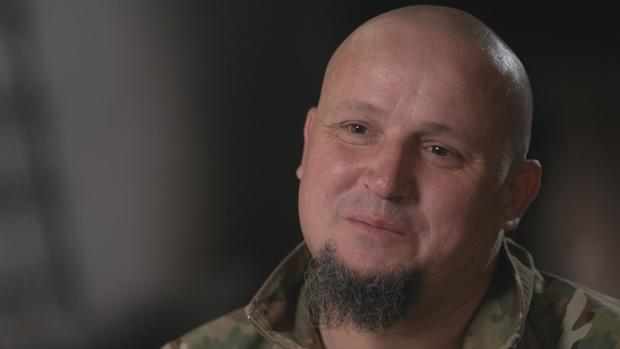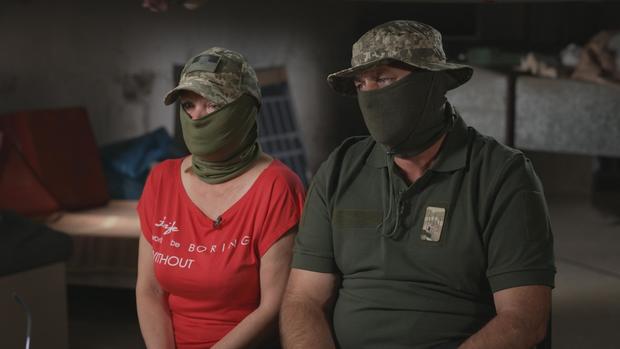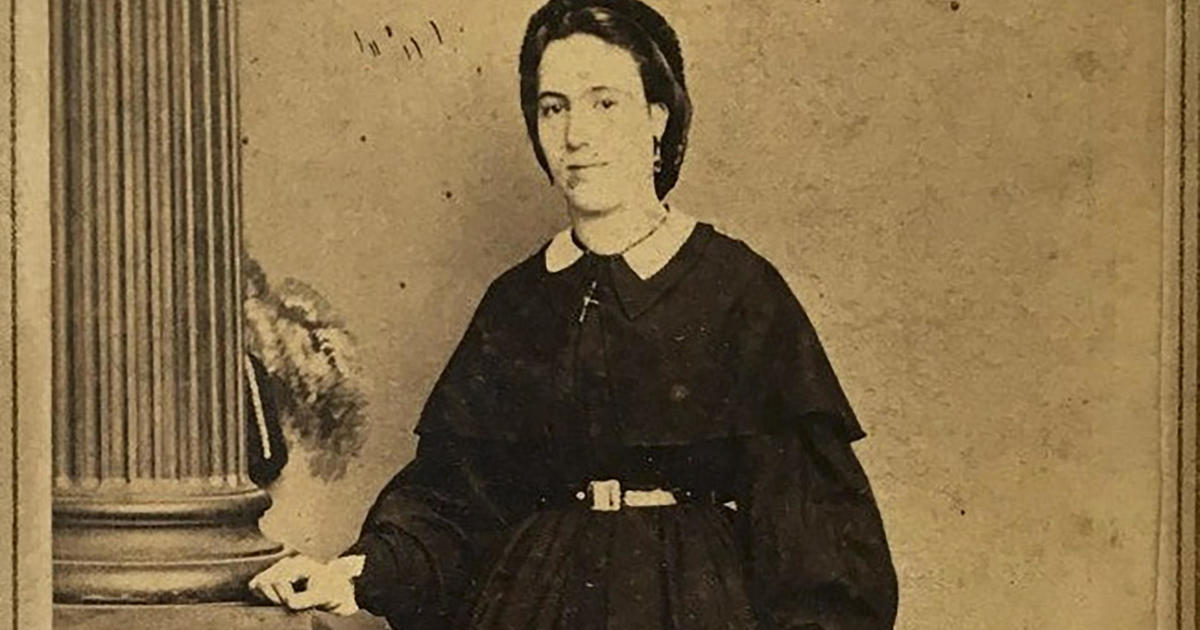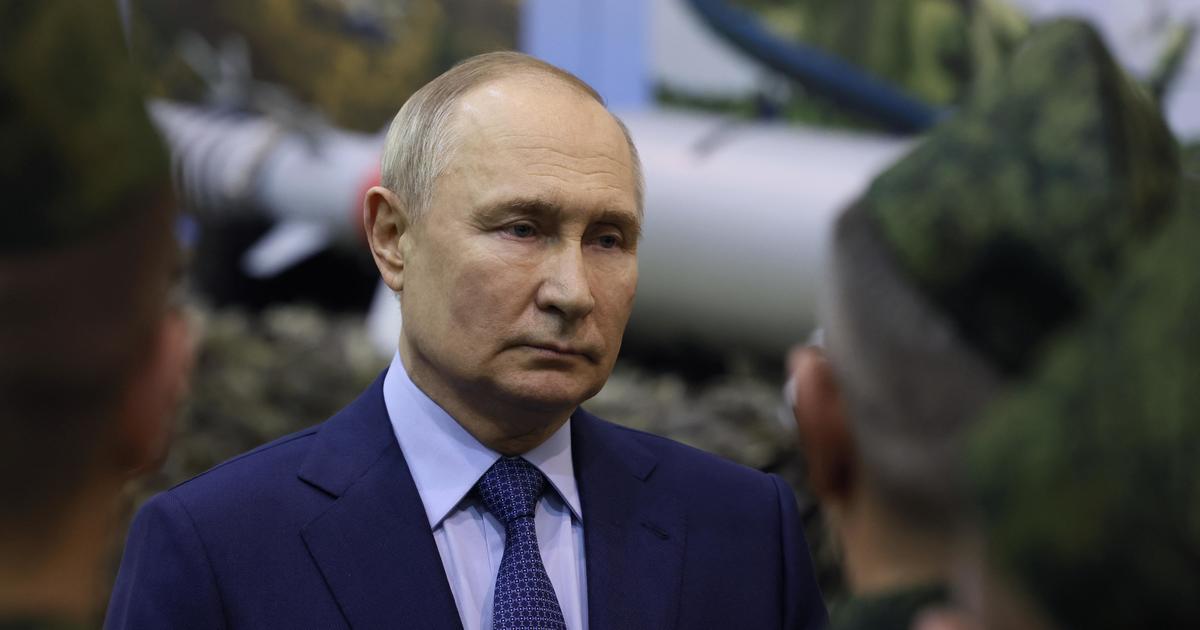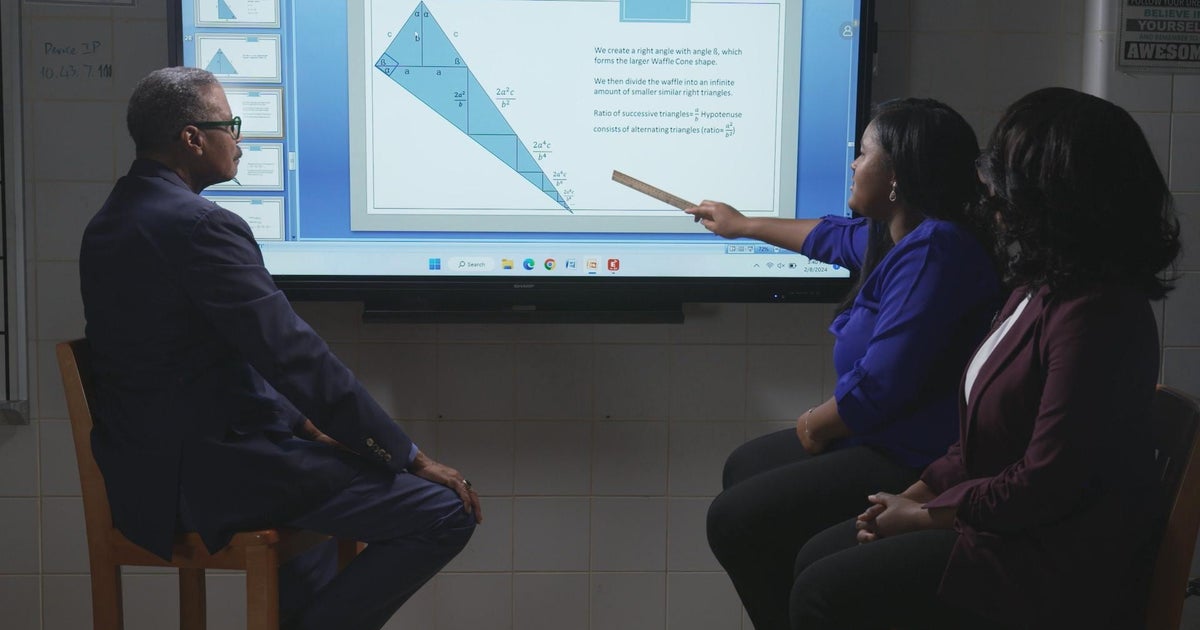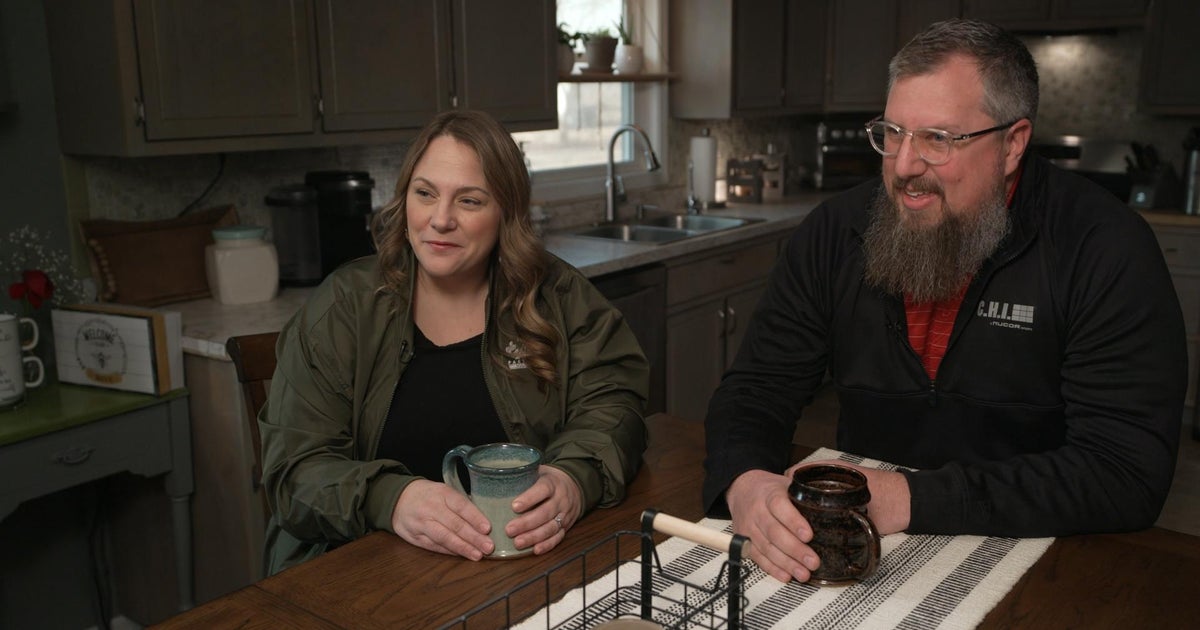How Ukrainian civilians fought Russia's occupation in Kherson for months
A Ukrainian civilian resistance fighter arrested by Russians refused to break under torture.
He and other civilians burned Russian vehicles and collected whatever weapons they could find after Russian troops swarmed the southern Ukrainian region of Kherson. The survivor, who 60 Minutes is not identifying for safety reasons, said Russian soldiers shocked him with electricity and nearly broke his arms. They demanded he give up the names of other members of the Ukrainian resistance, but the man, who's since joined the army, kept quiet.
"Because they're young guys, they have families, children. And I am Ukrainian," he said through a translator. "I just couldn't."
Clawing back Kherson
Russian troops occupied Kherson, the capital city of a region with the same name, for eight months, moving into the city just days after the Feb. 24, 2022, invasion of Ukraine. Kherson rebelled from the start. Citizens armed with flags confronted Russian tear gas and bullets.
Wedding planner Vitalii, who asked to be identified only by his first name, recruited 10 friends –including a farmer, a coffee shop owner and a firefighter– for a team of civilian resistance fighters. Most of them had never loaded a gun.
"So that was our team, different people, different in age and social status," Vitalii said.
They improvised a base near the Dnipro River and ran hit-and-run raids, including an attack on a small Russian boat. Vitalii claims the unit killed a major, a captain, two lieutenants, a senior sergeant and a soldier during the attack.
Vitalii, now in Ukraine's special forces, feels strongly about defending his home country.
"Someone at the top decided that they could come to your home, tell you how to live your life, rape your wife, kill your child, smash your fields with tanks and lay mines," he said about Russia. "You are bloody savages! No more, no less. Why defend my people? I was brought up this way."
Borys Silenkov, a former governor of the province, also quickly joined the fight. The army told Silenkov that at 62, he was too old to enlist, but age didn't stop the retired politician from defending his country.
Silenkov made Molotov cocktails he said were later thrown down the hatch of a Russian-armored vehicle.
"I told myself, 'No. I won't flee. This is my land. This is my region,'" Silenkov said.
Facing the threat of execution
One night, Silenkov was ambushed and shot. Two bullets were stopped by his bulletproof jacket. The retiree-turned-resistance fighter said his chest was covered in bruises under his body armor. Another bullet fractured his leg, tearing up his skin and muscles. Silenkov, with a stick clenched between his teeth, heated up a knife and used it to "cut off all the muscles that were loose" before he stitched himself back up.
"I knew that if I surrendered, they would torture me to death," he said.
One resistance fighter, who is not being identified for safety reasons, was arrested and tortured along with her partner. She said her hands were tied up as vodka was poured down her throat. According to her partner, Russians burned her legs with boiling water.
"They put a gun to my eyes and said, 'I'm going to shoot you!' I wanted him to shoot me, I wanted it to happen quickly, not to be tortured," she said through a translator. "I was only thinking about my children, so that [the Russians] don't get hold of them. I only thought about my children."
The Russians released the woman and her partner after they ransacked their home and were unable to find evidence. The pair had wiped their phones clean often so they could leave no clues or leads for Russians.
Taking a stand
While many civilians joined the resistance, others volunteered for the army. They became soldiers overnight, throwing on uniforms that were too new for insignia. Short on ammunition and training, they faced elite Russian troops.
The new Ukrainian soldiers fought against Russians in Kherson's Lilac Park on March 1, 2022. They never stood a chance, and they knew it, but some said they also knew that they were all that stood between the Russians and their families.
Twenty eight volunteers, a mixture of soldiers and civilians, were killed.
Kostiantyn Kozak, who served in Ukraine's army from 1974 to 1991 and again from 2014 to 2020, came out of retirement for a second time to defend his country after Russia's invasion.
"On video you can see people who died, and you can see them lying there, weapons next to them, a horrible situation because people were torn apart, the trees were torn apart," Kozak said.
Russian President Vladimir Putin said that Kherson would be Russian "forever." He did not know that the Ukrainian forces outside the city and the resistance fighting within would never let up. It's unknown how many Ukrainians were killed fighting against Russia in Kherson, but fresh graves in a Kherson cemetery testify to their determination.
Free from occupation, but still under fire
While the Russians retreated from Kherson in November of last year, the city's residents are still under fire almost every day from enemy artillery positioned about a mile away. As of Dec. 4, there have been 23,315 shellings in the region, including 2,330 in the city of Kherson this year, according to the Kherson Military Administration
As 60 Minutes spoke with defiant Ukrainians, a Russian shell hit a building in Kherson and damaged a city bus. Two passengers were wounded and a police officer was killed. An infant girl, just 23 days old, and a 12-year-old boy were among those killed by Russian shelling in the region in the last few months, according to Ukraine's Internal Affairs Ministry. With Russia still occupying nearly 20 percent of Ukraine, the resistance continues.
"We live one day at a time today," Olha Hrynchenko, a woman who left her job at a winery to become a soldier after Russia's invasion, said through a translator. "We don't have any plans for [the] future. We understand that we have to be strong and patient and live in this reality we have now. That's it."
